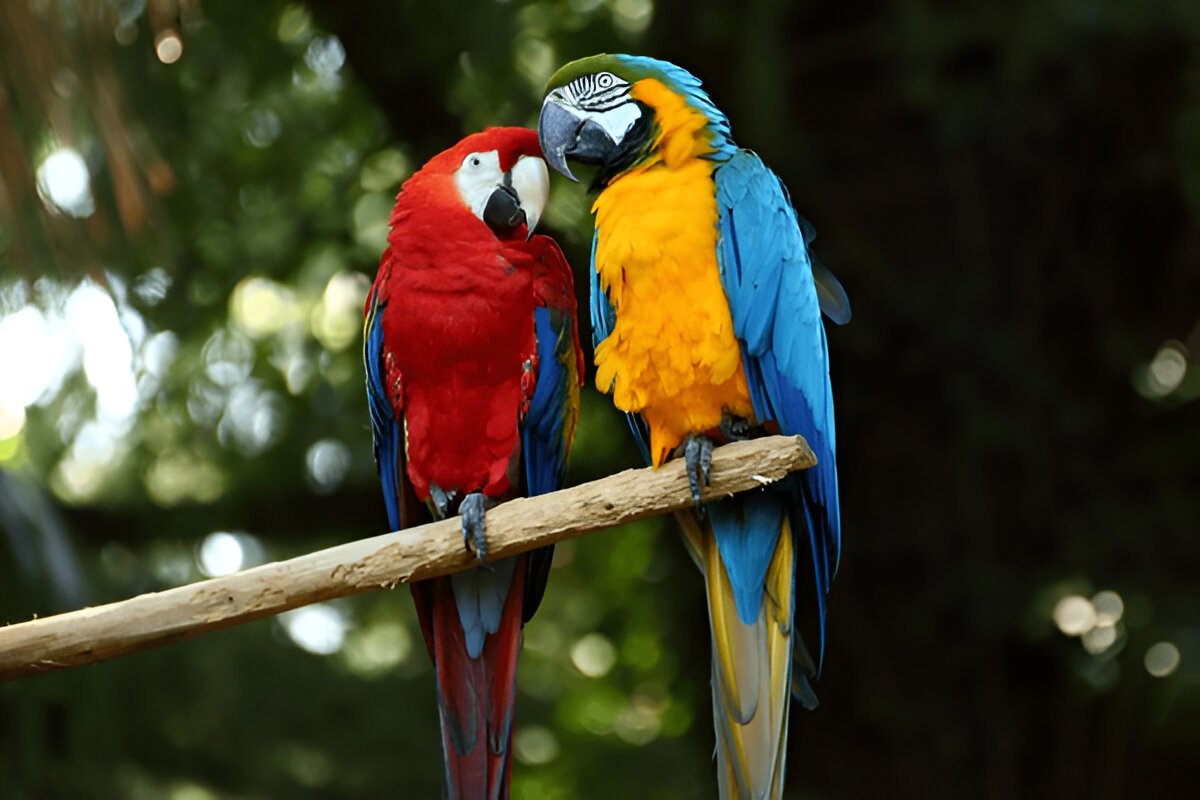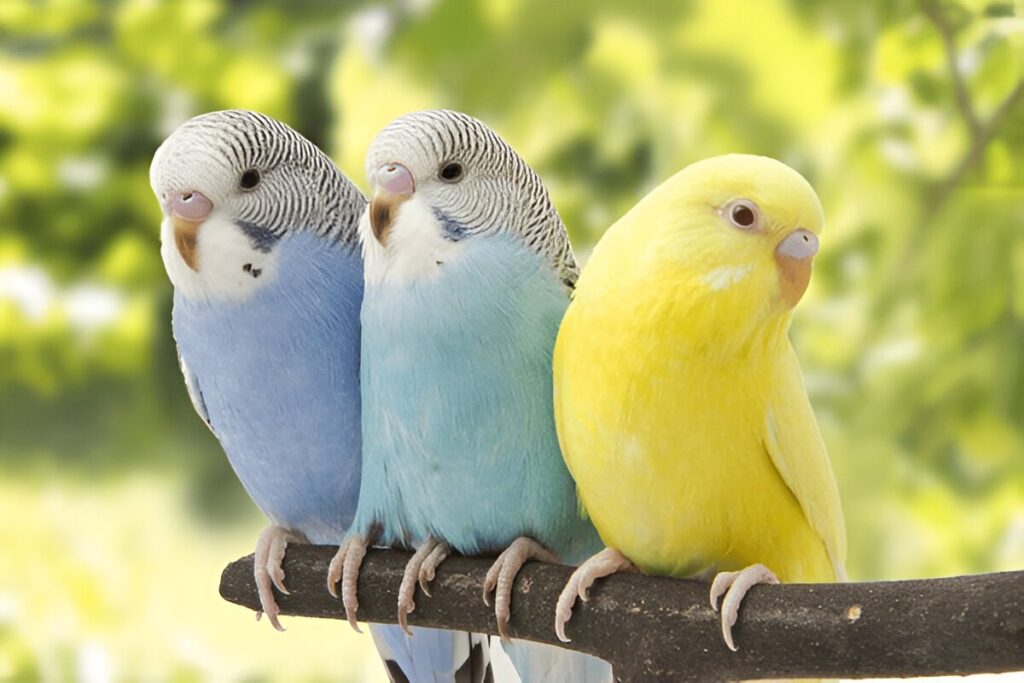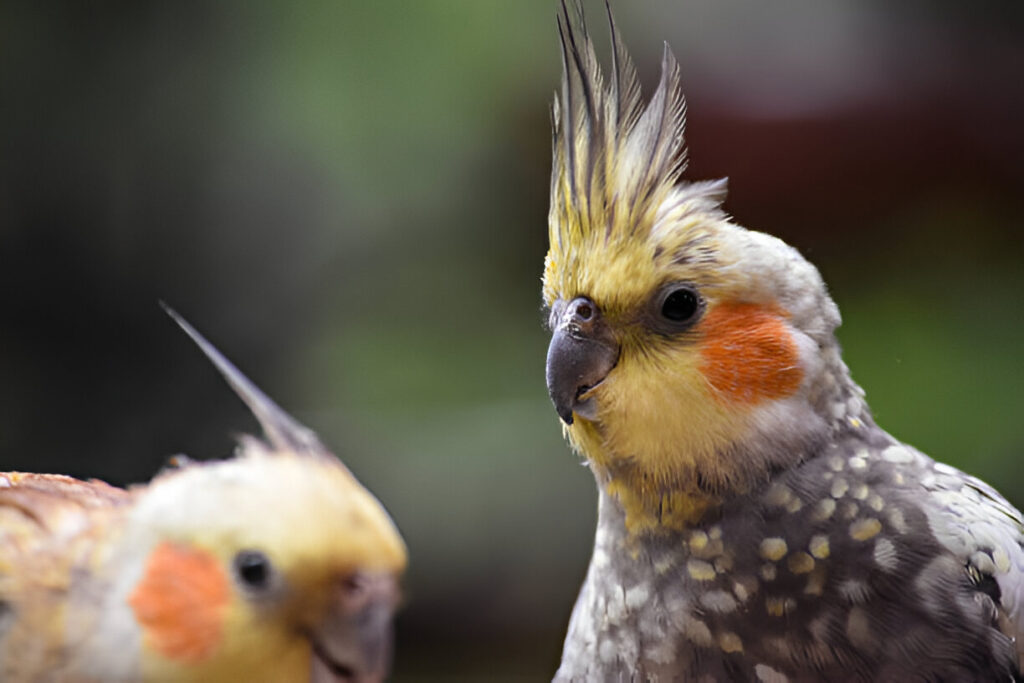The Spectacular Macaw: A Multicolored Miracle of Beauty and Personality
By the time a human thinks of a parrot, he has to think of a macaw. These parrots are full of color with their bright appearance, impressive sizes, and rather larger-than-life personalities. So not only are these birds beautiful to look at, but also very intelligent and extremely social, making them rank as one of the most popular of parrot species in the entire world.
Whether you’re a bird enthusiast, a potential pet owner, or simply curious about these magnificent creatures, let’s dive into the colorful world of macaws.
A Brief Introduction to Macaws
Macaws belong to the family Psittacidae and are originally from Central and South America, and parts of Mexico. There are 19 species of macaws, ranging from the iconic Scarlet Macaw to the majestic Hyacinth Macaw, the largest of all parrots. Some of the most well-known species include:
- Scarlet Macaw: Known for its bright red, yellow, and blue feathers.
- Blue-and-Gold Macaw: Bright blue and yellow feathers.
- Hyacinth Macaw: Deep blue with large wingspan.
- Green-winged Macaw: Red body with green on the wings.
Macaws are very social birds. In the wild, they are often found in pairs or flocks. They are also known to bond well with their mates. The loud, boisterous calls of the macaws are heard throughout the rainforest.
The Macaw Personality: Bold, Intelligent, and Playful
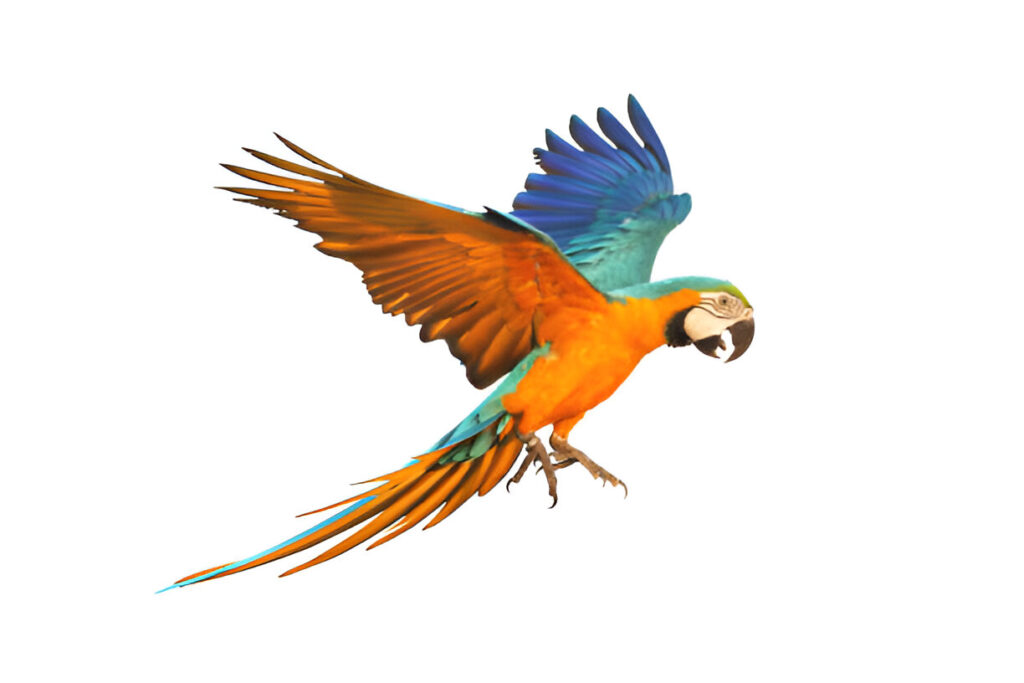
Macaws are as vibrant in personality as they are in color. In fact, such birds are not only intelligent but also very inquisitive with a nature so affectionate yet possess a roguish streak that keeps the owner’s toe tapping continuously.
- Intelligent and Inquisitive: Macaws are considered one of the smartest birds in the world. They simply love solving puzzles, learning tricks, and studying their surroundings. This innate curiosity leads them to a number of hilarious antics, such as dismantling toys or trying to find out how cage doors open.
- Amiable and Social: Macaws are social birds and require much attention from their human friends. They love to be cuddled, petted, and taken out to join in with family activities. Some even snuggle up under blankets or nap on their owner’s shoulder.
- Playful and Mischievous: These birds have a characteristic playfulness that could make them quite fun to have along. They love playing with toys, swinging on ropes, and playing games with their owners. Of course, in the midst of playing and having fun, they sometimes behave mischievously by gnawing away at furniture and stealing shiny items.
- Loud and Proud: Macaws do not make quiet birds. The loud calls and squawks are very much a part of their behavior. This mode of communication is used to talk to the flock. Their sounds are cute, but perhaps not for noise-sensitive homes.
Care for Your Macaw: What You Should Know
Macaws are not low-maintenance pets. Their intelligence, social needs, and long lifespans make them a big commitment. Here’s what you need to know if you’re considering bringing a macaw into your home:
- Mental Stimulation: Macaws are very intelligent and need constant mental stimulation. Ensure that there are a variety of toys, puzzles, and activities to keep their minds active. If they are not stimulated, they may get bored and develop undesirable behaviors such as feather plucking or excessive screaming.
- Social Interaction: These birds are highly social and need daily interaction with their human family. They thrive on companionship and can become deeply bonded to their primary caregiver. If you’re unable to spend significant time with your macaw, consider getting a companion bird (though this requires careful introduction).
- Diet: A balanced diet is crucial for your macaw’s health. In the wild, they feed on a mix of seeds, nuts, fruits, and other vegetation. Their diet in captivity should be a high-quality pelleted diet supplemented with fresh fruits and vegetables and some nuts or seeds as treats. Avoid avocado, chocolate, and caffeine as these are poisonous to birds.
- Housing: Macaws need a big cage where they can stretch their wings, climb, and play. The cage should provide perches, toys, and foraging activities. It is also very important that they get some time out of their cage for physical and mental exercises.
- Longevity: Macaws are long-lived birds, living up to 50-80 years of age-and longer in many cases. Owning a macaw requires a lifetime commitment that involves proper planning and dedication.
The Challenges of Macaw Ownership
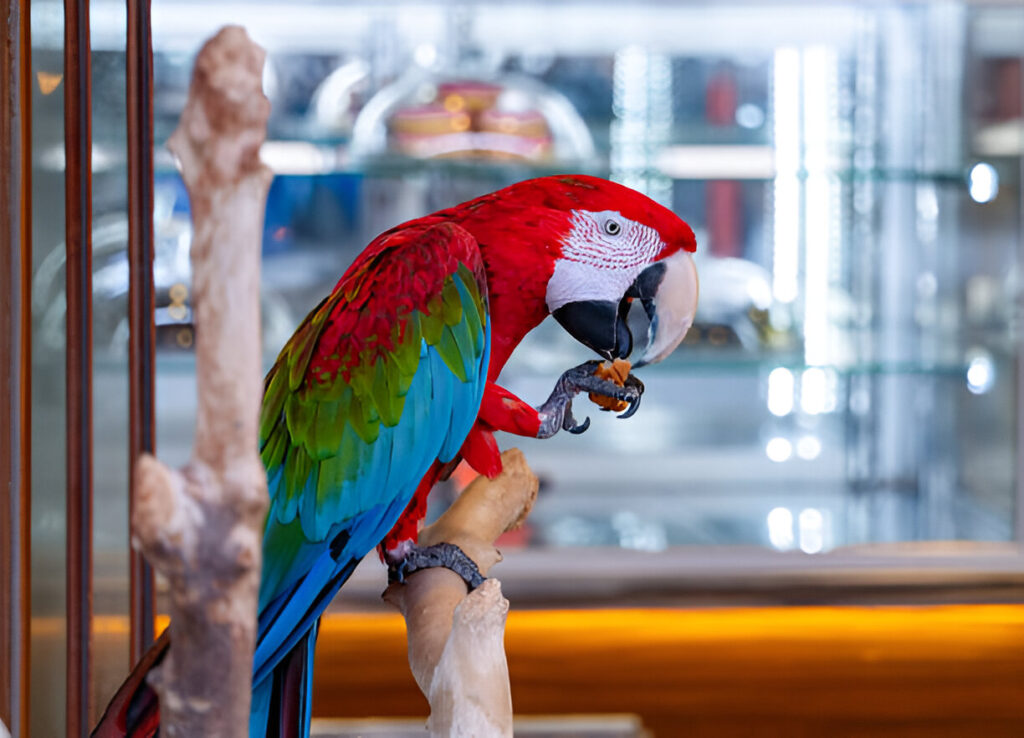
As with many exotic animals, while macaws make a rewarding pet, there is certainly not without some challenges. Some of these concerns include the following:
- Noise: Macaws are noisy birds. Their calls can be ear-piercing and may not be suitable for apartment living or noise-sensitive households.
- Destructive Behavior: Without proper mental stimulation, macaws can become destructive. They may chew on furniture, walls, or other household items.
- Feather Plucking: Stress, boredom, or neglect can lead to feather plucking, a harmful behavior where the bird pulls out its own feathers.
- Size and Strength: Macaws are big, muscular birds with strong beaks. They require someone who can handle the strength and offer proper training to not become aggressive.
Conservation Status
Habitat destruction, illegal pet trade, and climate change are major threats to most of the macaw species in the wild. The Spix’s Macaw and Glaucous Macaw are considered to be critically endangered or possibly extinct in the wild. Although several species of macaws are conserved to protect them, much has to be done for their survival.
Make sure to source your macaw from a good breeder or rescue group before deciding to have one as a pet. Never patronize black market wildlife trade under any circumstances.
Why We Love Macaws
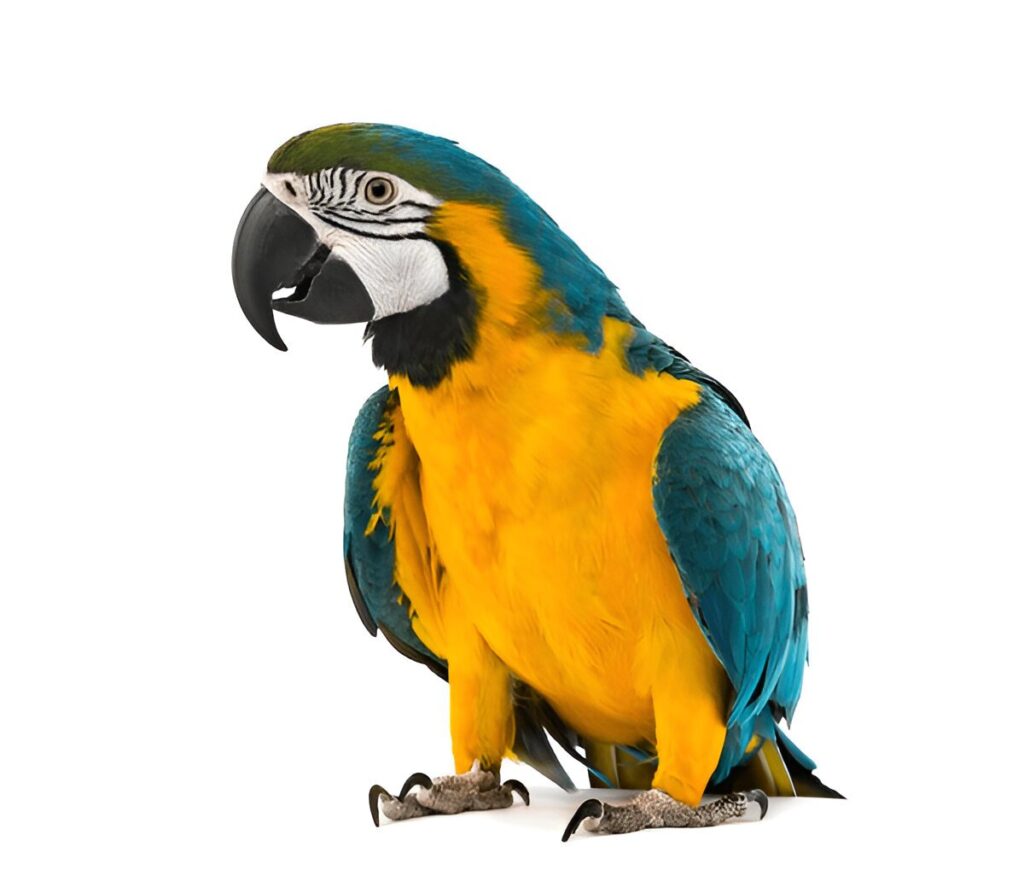
Macaws are more than just pets-they are companions, entertainers, and family members. Their intelligence, affection, and vibrant personalities make them one of the most captivating species in the bird world. But with great charm comes great responsibility. These birds deserve our respect, care, and commitment.
Whether you look at their stunning colors, observe their playing, or just listen to the happy sounds of these colorful birds, it’s obvious: macaws teach us how beautiful and complex this world is. And let’s try to save them for the future.
Ever had a macaw? Anyone have one, or know anyone who does? Share your stories in the comments. Let’s get to celebrate the wonderful creatures known as macaws.
Yuns Legdm is a passionate advocate for pet care and the founder of this website, dedicated to providing valuable information for fellow pet lovers and veterinary professionals worldwide. With a deep love for animals, Yuns created this platform to connect passionate pet owners with expert insights from veterinarians around the globe.
This website grows with you—the passionate pet owners and veterinary experts—creating a trusted space where knowledge, experience, and love for animals come together. Whether you’re seeking advice on pet health, nutrition, or general well-being, this platform is here to support you on your journey of responsible and loving pet care.

